4 Things You’re Eating That Could Be Making You Tired, According to a Nutritionist
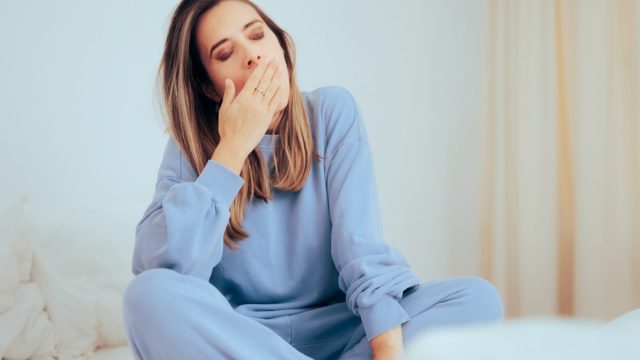
America is a tired nation. According to a recent study of more than 9,000 people, nearly half of U.S. adults are affected by sleep deprivation, with 25 percent reporting feeling “very sleepy” during the day. Common culprits behind our collective exhaustion include depression, anxiety, viral infections, and certain medications, per the Mayo Clinic. However, the foods you’re eating and things you’re drinking could be another reason you’re feeling tired throughout the day.
Experts say that nutritious foods and beverages deliver the energy you need to stay active and do things you love. Worn out? Read on to discover whether some of your favorite treats could be to blame.
READ THIS NEXT: Eating These 4 Foods Before Bed Will Help You Get a Better Night’s Sleep.
1
Fruits and veggies
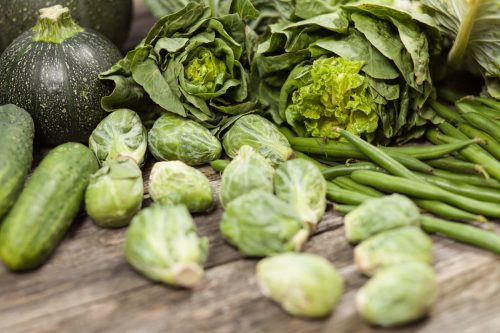
Yes, fruits and vegetables are great for you—but they’re also low in calories, and not eating enough calorically-dense foods like legumes, whole grains, nuts, and lean proteins can leave you feeling drained. A 2020 study published in Nutrients found that under-fueling yourself with low-calorie foods can result in weight loss, nutritional deficiencies, and lack of energy.
“Eating high-volume foods that are low in calories can leave you feeling fatigued because you’re filling up physically but not giving your body the energy it needs,” Kelsey Kunik, RDN, registered dietitian and nutrition advisor for Zenmaster Wellness, tells Best Life. “Many high-volume, low calories foods, like leafy greens, broccoli, and other low-starch vegetables, and even foods like popcorn, have a lot of volume, but not enough calories to keep you energized.”
READ THIS NEXT: Eating This Type of Cereal for Breakfast Can Slash Diabetes Risk, Experts Say.
2
Sugar-sweetened beverages
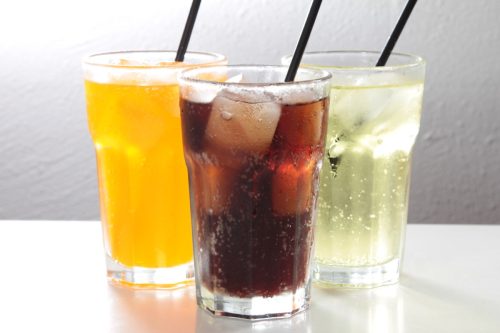
It’s no secret that added sugars are harmful to your health. Found in everything from breakfast cereals and juice to candy and sodas, added sugars spike your risk of chronic diseases such as heart disease, diabetes, obesity, high blood pressure, cognitive decline, and cancer. Additionally, added sugars can cause fatigue due to their negative impact on sleep quality, according to a 2022 study published in The American Journal of Lifestyle Medicine. The researchers recommend that added sugars comprise no more than 10 percent of your daily calorie intake for optimal health.
“Staying hydrated with added sugar could leave your energy feeling zapped,” states Kunik. “Added sugars are related to poor sleep quality and blood sugar swings that can leave you feeling tired.”
3
Baked goods
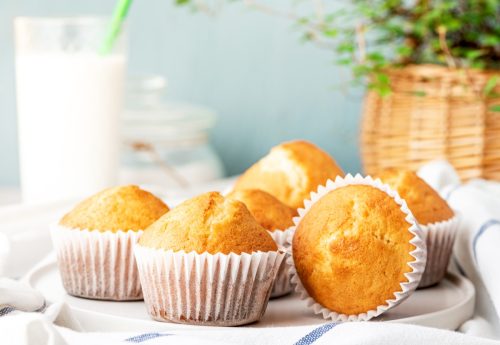
When mid-morning hunger strikes and you’re feeling on edge, grabbing something guaranteed to be easy and delicious, like a muffins or pastry, is tempting. However, baked goods like these are high in added sugars and refined carbs and are stripped of nutritional value such as protein, fiber, and fats. As a result, eating them will cause a temporary spike in blood sugar before a subsequent energy crash, causing you to feel tired and low in energy, say the experts at Sanford Health.
“Processed baked goods like muffins, cakes, and cookies are usually high in refined flour and added sugar while low in protein,” Kunik explains. “Too much sugar and refined carbohydrates without protein and fiber to help slow down the digestion of that sugar leads to a surge of energy released, which may leave you feeling good for an hour or so, but after that, tiredness is likely to creep in.”
For more health news sent directly to your inbox, sign up for our daily newsletter.
4
Energy drinks
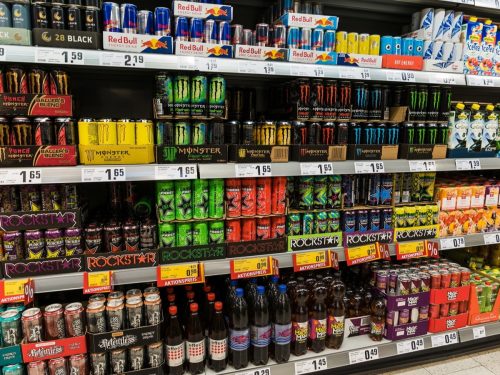
Look in the refrigerated aisle at nearly any convenience or grocery store and you’ll see many energy drink products claiming to boost your alertness. However, these are merely clever marketing tactics. Most energy drinks are high in caffeine. Research shows excessive energy drink intake can impair sleep quality, lead to fatigue, and cause energy crashes.
“While caffeine is known to boost your energy, too much of it can lead to fatigue. In addition to disrupting your sleep, researchers have found that excess caffeine can lead to excessive fatigue the next day,” says Kunik.